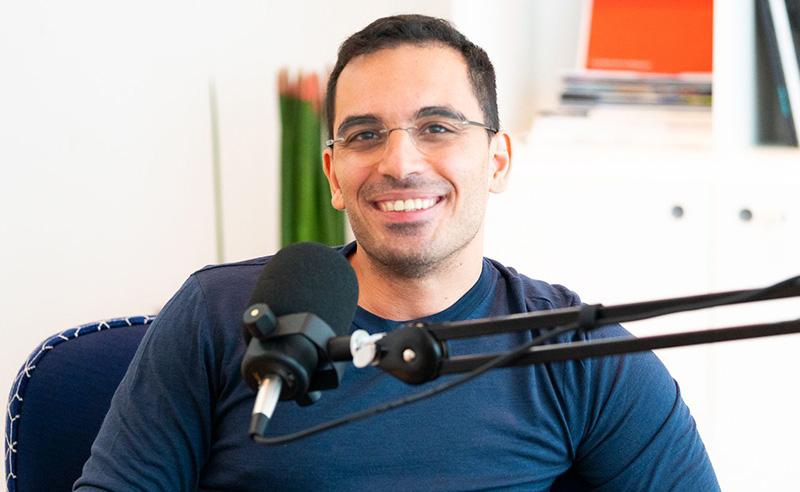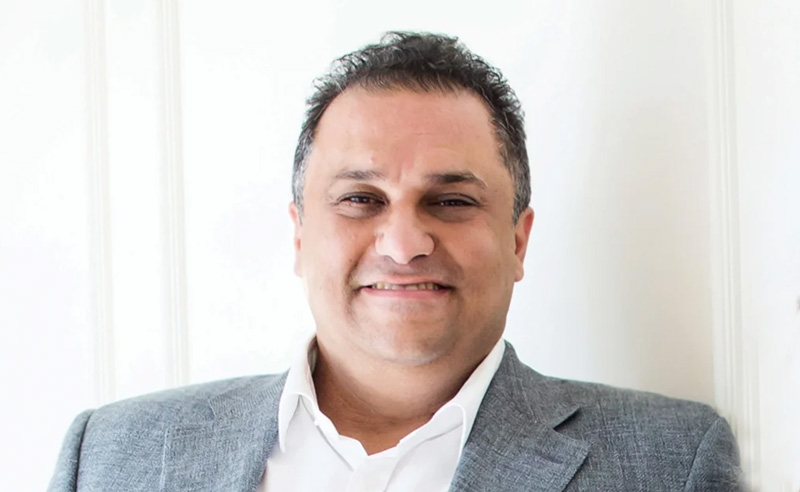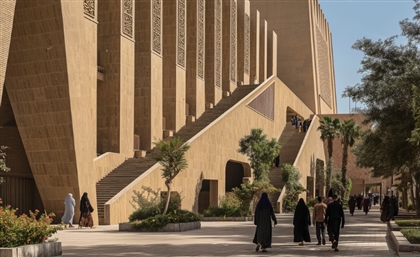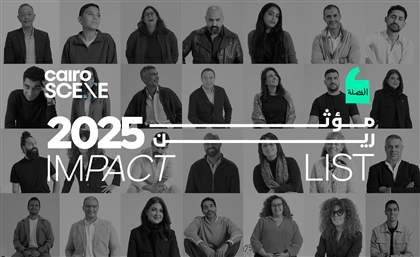Five Trends for Startups Across the MENA Region to Follow in 2024
What should founders expect in 2024? Here are five trends predicted to shape the startup landscape in MENA this year...

Between 2022 and 2023, the past two years have been particularly hard for startups in the Middle East and North African (MENA) region due to the devastating impact of ongoing geopolitical tensions and a challenging macroeconomic environment. With the US federal reserve raising interest rates several times in 2023, many of the region’s central banks were prompted to follow suit, resulting in less liquidity circulating in the market. In line with global trends, funding in MENA fell by 23% in 2023 compared to 2022, raising only $2.6 billion, according to data by Magnitt.
On a national level, Saudi Arabia was ranked first in terms of investments, receiving 52% of all MENA funding. The UAE was the most transacted geography in the region, while Egypt maintained its position as the third most funded country in MENA despite witnessing a decrease in funding.
So, what should founders expect in 2024? Here are five trends predicted to shape the startup landscape in MENA this year...

INVESTMENTS IN EARLY STAGE STARTUPS
With valuations continuing to fall, VCs in the region are focusing on investing in early stage rather than late-stage startups.
“There was this realization that valuations weren’t going to recalibrate in the same way perhaps like what happened in Europe and the US,” Ryan Shariff, General Manager, Flat6Labs UAE, tells StartupScene. “I think the VC scene, particularly in the UAE and Saudi, have decided to go back and invest in earlier stage companies, and I predict that we will continue to see an uprise again in earlier stage startups getting funding. There’s a lot of people now trying to create funds to try and support earlier stage companies.”
This insight mirrors global trends, where late-stage companies have been struggling to raise funds since 2021. According to Magnitt, late-stage rounds plummeted by 28% in 2023.

MORE CONSOLIDATIONS
It was predicted last year that we would see significant M&A activity in the region. While some consolidations have materialized, it was less than anticipated, but that’s expected to change in 2024.
“I think we’re already seeing a lot of consolidations in the market, especially with more firmer footed companies taking over smaller ones,” says Khaled Talhouni, Managing Partner at Nuwa Capital. “I think we’re going to get a lot of that going forward for sure, and that is already accelerating.”
Talhouni also expects to see a lot more IPO (initial public offering) activity in the region, particularly in Saudi Arabia, in the coming 18 months. “Part of that is driven by market conditions,” he says. “We’ll see how the capital markets are, if they continue at their current pace, then yes absolutely I think there’s a lot of great opportunities, especially as liquidity is still relatively dry compared to what it was a few years ago.”

STRONG SECTORS STILL GOING STRONG
Sectors like fintech and ecommerce are still going strong in the region despite a slowdown in funding.
Although fintech experienced a 40% dip in funding, it was still the most invested sector in the region, raising $481 million in the first nine months of Q3, according to data by Magnitt. Ecommerce came in second with $451 million raised, marking a 46% increase compared to 2022.
“The usual suspects like fintech and ecommerce will be around for a long time,” says Basil Moftah, General Partner at Nclude. ”Fintech is a broad sector, it touches upon the lives of many people and many businesses, and therefore by definition it’s going to be around for some time.”
Moftah also predicts other sectors like AI and SaaS will continue gaining prominence in 2024, particularly as the region starts rolling out new tax regulations. “I’m excited about SaaS as a big, upcoming area that doesn’t usually get enough attention,” he adds. “It’s definitely a big opportunity to automate and improve operational efficiencies and businesses.”

VENTURE DEBT
As startups continue to struggle with funding, some will pursue venture debt instead of going down the VC route. Venture debt is typically a loan offered to businesses by bank or nonbank lenders, which needs to be paid back with interest. But like any funding opportunity, it should be considered carefully by founders.
“I’m a huge proponent of it and a great believer in it, but venture debt has a specific use case,” says Talhouni. “If it’s a later stage company, startups can use debt effectively once they are cash flow positive, break even and have a sense of where they want to go.”
However, Talhouni cautions early-stage startups from using it as an alternative to raising equity, especially if they are not on solid financial footing yet. If a business is unable to pay the loan, the lender may take equity in the company, which can dilute ownership stakes for the founders. “When you’re far from unit economics positive, it’s very hard to use it for your own general purposes,” he adds. “Because you accumulate debt and it’s unclear how you’re going to pay it back, and that alienates equity as well.”

FUNDING CRUNCH
With market conditions predicted to remain the same for much of 2024, VCs will continue tightening their belts and deploying less money for startups. As a result, founders will have to reduce their cash burn rate, generate revenue, and be profitable, preferably sooner rather than later.
“I think that next year will be more difficult than this year when it comes to the funding environment, not because things won’t start to improve, but because even when things start to improve, investors take time to get back into the market,” says Moftah from Nclude. “So, even if tomorrow morning the currency is devalued further in Egypt, and things seem to be more stable, it takes some time for investors to actually get comfortable and be reassured. Founders should take that into account and plan for it as they’re going to find it very difficult to raise money, and they shouldn’t be counting on raising money as a solution.”
Despite the persistent capital crunch, Moftah expects funding to ease by late 2024. In the meantime, however, founders need to look at creating a sustainable business that can adapt to current market conditions and withstand economic downturns, making them more resilient in the long term.
- Previous Article Italian-Palestinian Duo No Input Debuts Eponymous Electro EP
- Next Article Egyptian Embassies Around the World
Trending This Week
-
Dec 27, 2025
-
Dec 23, 2025



























